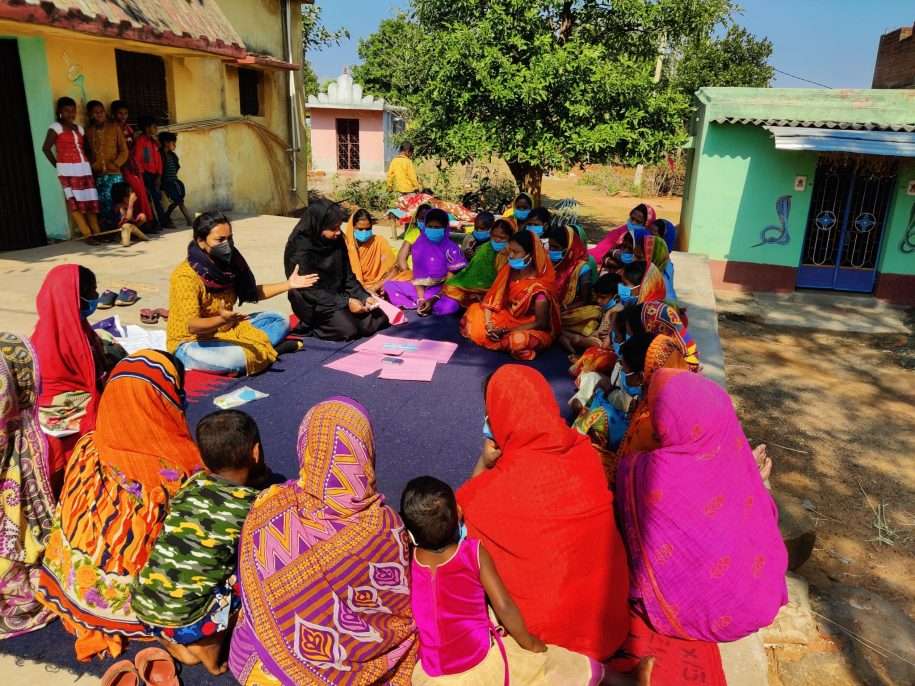India has one of the lowest female labour-force participation rates in South Asia. Even when women set up enterprises, 98% of these remain in the ‘micro’ category. Women in rural India face additional gender barriers to income generation, and in access to economic resources and opportunities. The Government of India has several programs to enhance women’s livelihoods and their economic and social empowerment, several of which emphasise women’s collectives. However, rigorous evidence on factors that enhance the viability, scale, and impact of these initiatives is scarce.
This working paper synthesises insights from five pilot projects implemented in Bihar, Gujarat, Jharkhand, and West Bengal under 3ie’s Swashakt Evidence Program, for which LEAD served as the grants management partner. Focused on collective enterprise models, the paper examines enablers and barriers to setting up women-led businesses, offering valuable evidence to enhance their viability, scalability, and impact. It provides actionable recommendations for policymakers, practitioners, and researchers to address structural constraints, scale up interventions and promote sustainable economic opportunities for rural women.





